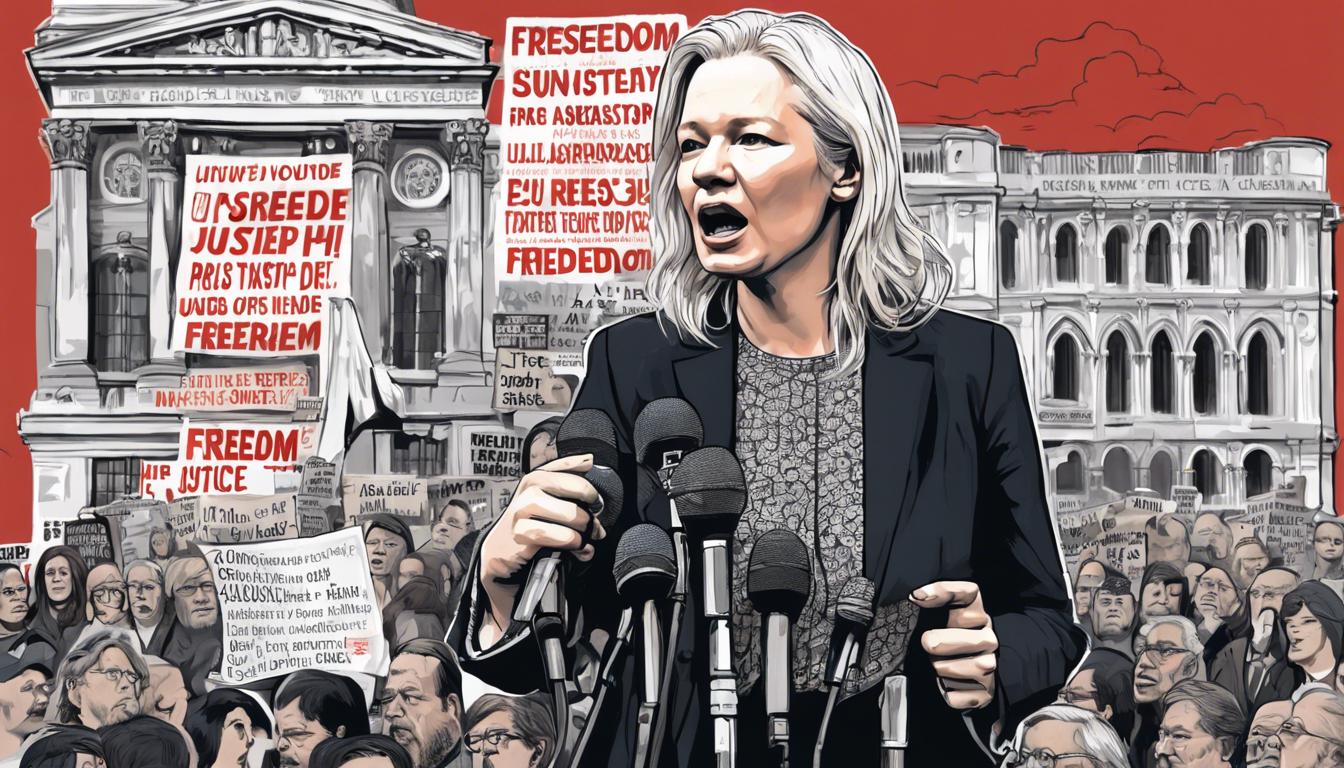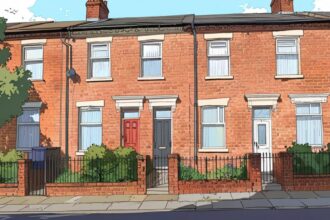Stella Assange condemns the London High Court’s decision to delay ruling on her husband Julian Assange’s appeal against extradition, highlighting concerns for press freedom and journalism.
Stella Assange, the wife of WikiLeaks founder Julian Assange, criticised the High Court in London for its decision to delay ruling on her husband’s appeal against extradition to the United States. The court announced that Julian Assange could appeal his extradition on three specific grounds, provided the US offers assurances regarding his treatment, including protection under the First Amendment, a fair trial without prejudice, and assurance against the imposition of the death penalty. The US authorities have been given a three-week window to provide these assurances.
Stella Assange labeled the court’s hesitation as “utterly bizarre” and “astounding,” voicing her dissatisfaction outside the Royal Courts of Justice. Her remarks echoed sentiments of concern among supporters, including former Labour Party leader Jeremy Corbyn, about the implications of Assange’s case on press freedom and investigative journalism globally. Stella argued that her husband’s prosecution for his involvement with WikiLeaks essentially criminalizes journalism, branding Assange a “political prisoner” persecuted for exposing wartime truths.
The ongoing legal battle of Julian Assange, which now hinges on the US providing certain assurances to the UK court, continues to stir debate on extradition laws, freedom of speech, and the rights of individuals under international law. These developments underscore the case’s significance for press freedom, whistleblower protection, and the broader discussions on the accountability of governments in respect to human rights and fair trial standards in cross-border legal actions.













